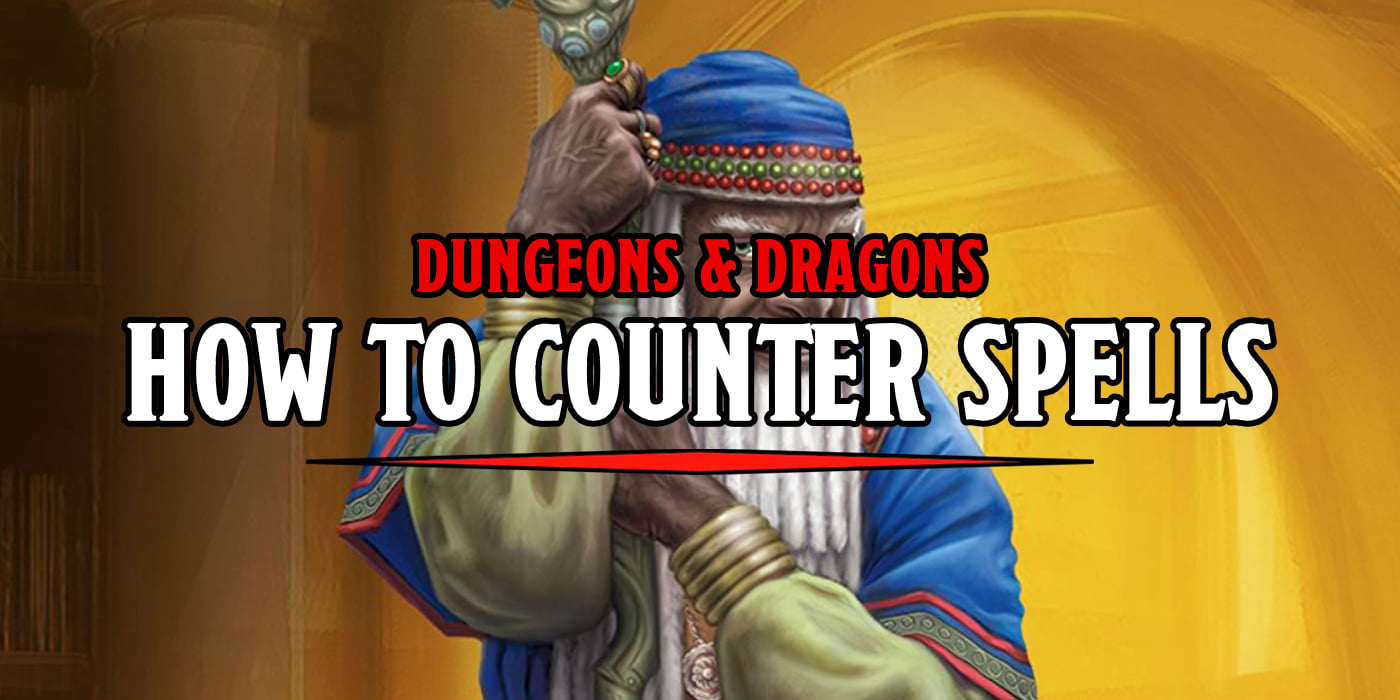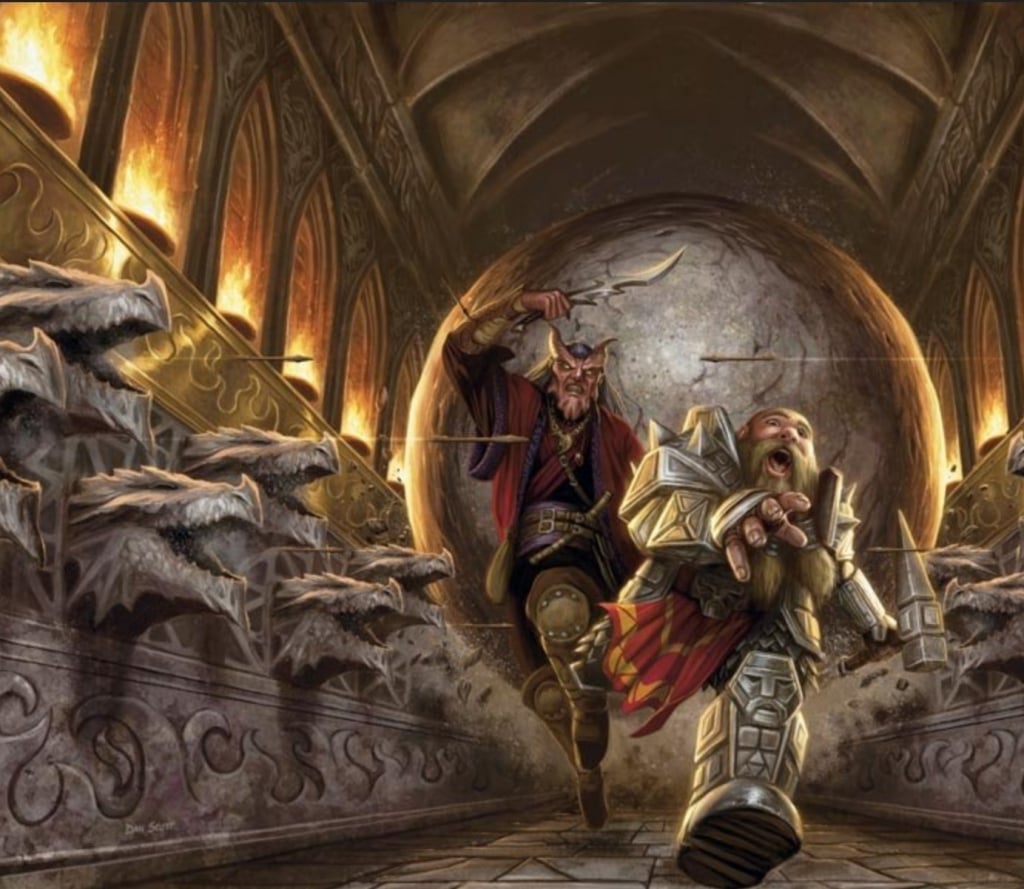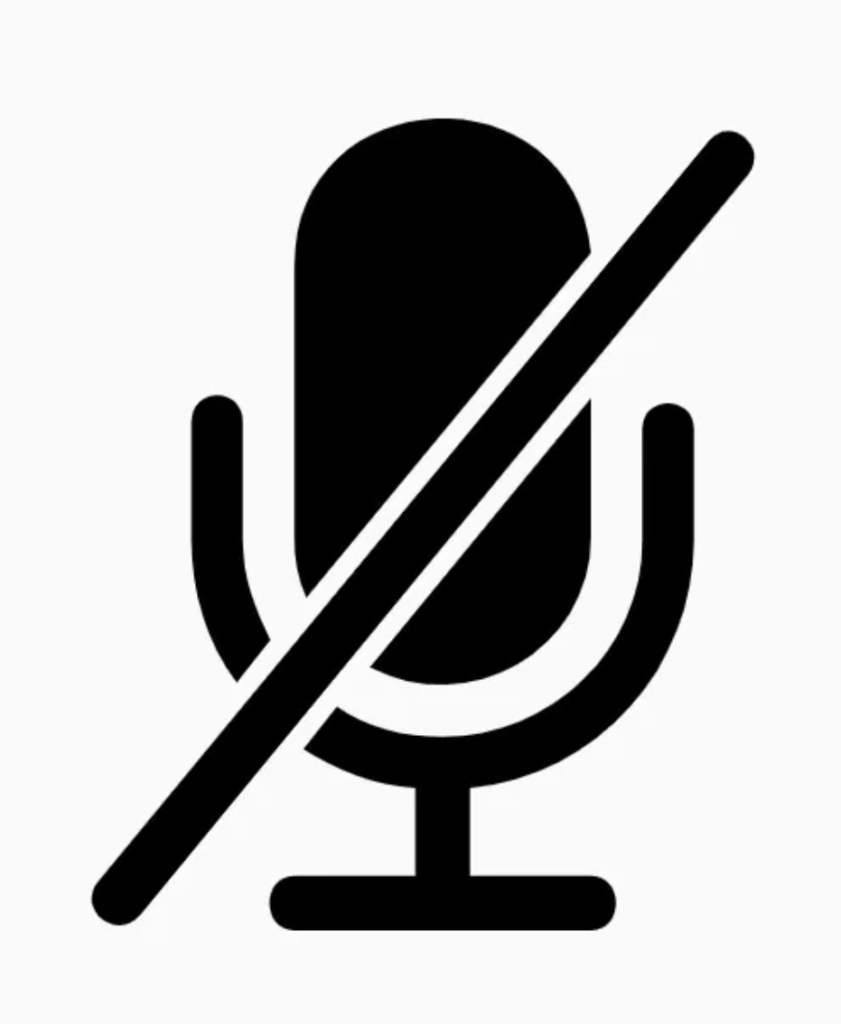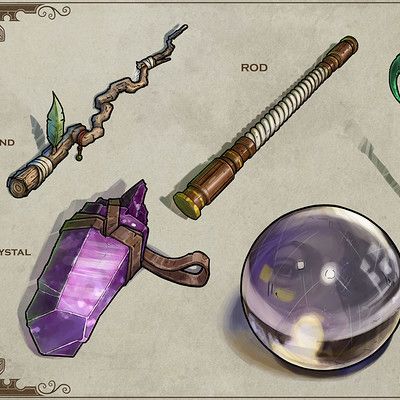D&D: Five Ways to Counter a Spell Without Casting Counterspell

Does recent online discourse have you tired of talking about counterspell? Here are five other clever ways to dodge unhelpful magic.
We’ve all been there–you were fighting some goblins and then one of them starts casting spells. Suddenly, an encounter that might have been trivial turns into an unexpectedly difficult encounter. That’s what magic does in D&D–it adds complexity and danger exponentially. The more wizards, the more dangerous it gets.
Fortunately, there are some techniques that you can use to counter spellcasting as early as 1st level if you’re prepared. You won’t need counterspell to counter spells when you use these tactics.
Fog Cloud
This 1st level spell does so much work in the game. It might not seem like it does anything because it grants both advantage and disadvantage to anyone attacking into or out of the cloud. But! This simple little 1st level spell will shut down targeted spellcasting because it makes your enemies unable to see you. And so many of the more powerful spells target a “creature you can see.” If they can’t see you, they can’t target you with Hold Person or Magic Missile or whatever they’re casting.
Sure, technically you can’t see them either, but the advantage and disadvantage cancel each other out, so it’s like they’re standing in plain view, only they can’t target you with certain spells.
Ready to Roll (Out of the Area)
Breaking the line of sight might prevent some spells, but what if your enemy has area-of-effect spells? Well, if you’ve ever played a Dark Souls game, you’re familiar with the concept of a dodge roll to get out of the way of an attack. You can do the same thing in D&D, only it takes a little finagling. What you do is ready an action to dash out of the way when an enemy casts an area spell on you.
Your DM might not allow you to move out of the area of a spell like Fireball which goes off instantly, but for spells like Stinking Cloud or Spirit Guardians that affect you when you start your turn in the area, you can ignore them by leaving the area using your reaction–your turn won’t start until it comes back around and you’ll be out of there by then.
Silence
This one takes a 2nd level spell slot, but, the Silence spell is a great way to shut down something like 80% of the spells in D&D. Most spells require a verbal component, and if you can cast Silence on an enemy spellcaster and keep them in the area, either by creating difficult terrain or by grappling the now magic-less spellcaster, then they will have very few tricks indeed to throw at you.
Stealing Focus (or Components)
Spellcasters have to play by the rules. And in D&D that means that they either need a holy symbol, arcane focus, or a pouch full of spell components. If you can use something like sleight of hand or a disarming strike that causes enemies to drop something they’re holding, you stand a good chance of being able to take away the thing that lets them cast spells. At least the spells that require Material components–which is less than the Verbal ones, but still that cuts off many of the most powerful spells out there.
Sphere of Annihilation
When all else fails, just shove ’em into a sphere of annihilation–because nothing shuts down a wizard-like them not existing anymore.
Happy Adventuring!







